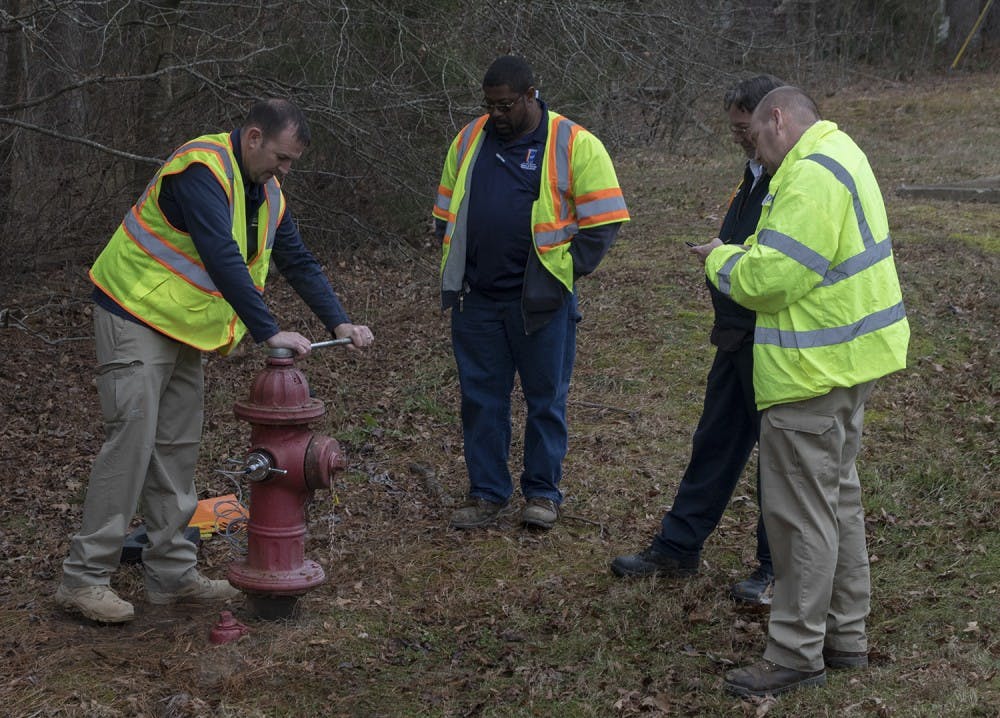Orange Water and Sewer Authority wants residents to think about what happens to the water they use after they flush.
The OWASA releases an annual Wastewater Report Card, which is an informative document that details water treatment, recycling, wastewater uses and other important statistics. This year's report explained some of the ways OWASA is working to improve its service for the community.
OWASA is the public service agency responsible for delivering water, wastewater and reclaimed water services to the Chapel Hill-Carrboro area. The organization recently released a document on Aug. 21 outlining different parts of how they handle, treat and recycle wastewater.
Monica Dodson, wastewater treatment and biosolids recycling manager, said OWASA completely revamped their Wastewater Report Card this year.
“We really wanted to be able to provide our community with a lot more information on what we do and the services that we provide the community," Dodson said.
The report card explains how OWASA maintains and tries to improve its systems. It gives information about what can and cannot be flushed as well.
“Wastewater is one of those things that you kind of flush it, and it kind of becomes invisible, but there’s a whole team of people that’s ensuring that it makes it to our treatment facilities successfully, and we treat it to a level in which we can return it back to the environment,” Dodson said.
Nicholas Rogers, assistant distribution and collection system manager at OWASA, said while the report shares a great deal of valuable information, he thinks the most important is notifying the public about what should and should not be flushed.
Flushing items such as grease, dental floss or medication can cause thousands of dollars' worth of damage and can also raise the chance of chemicals in the water. While he sees this specific information as most valuable, Rogers said the improvements and changes made to the Wastewater Report Card summarizes OWASA’s roles and goals in the community.



